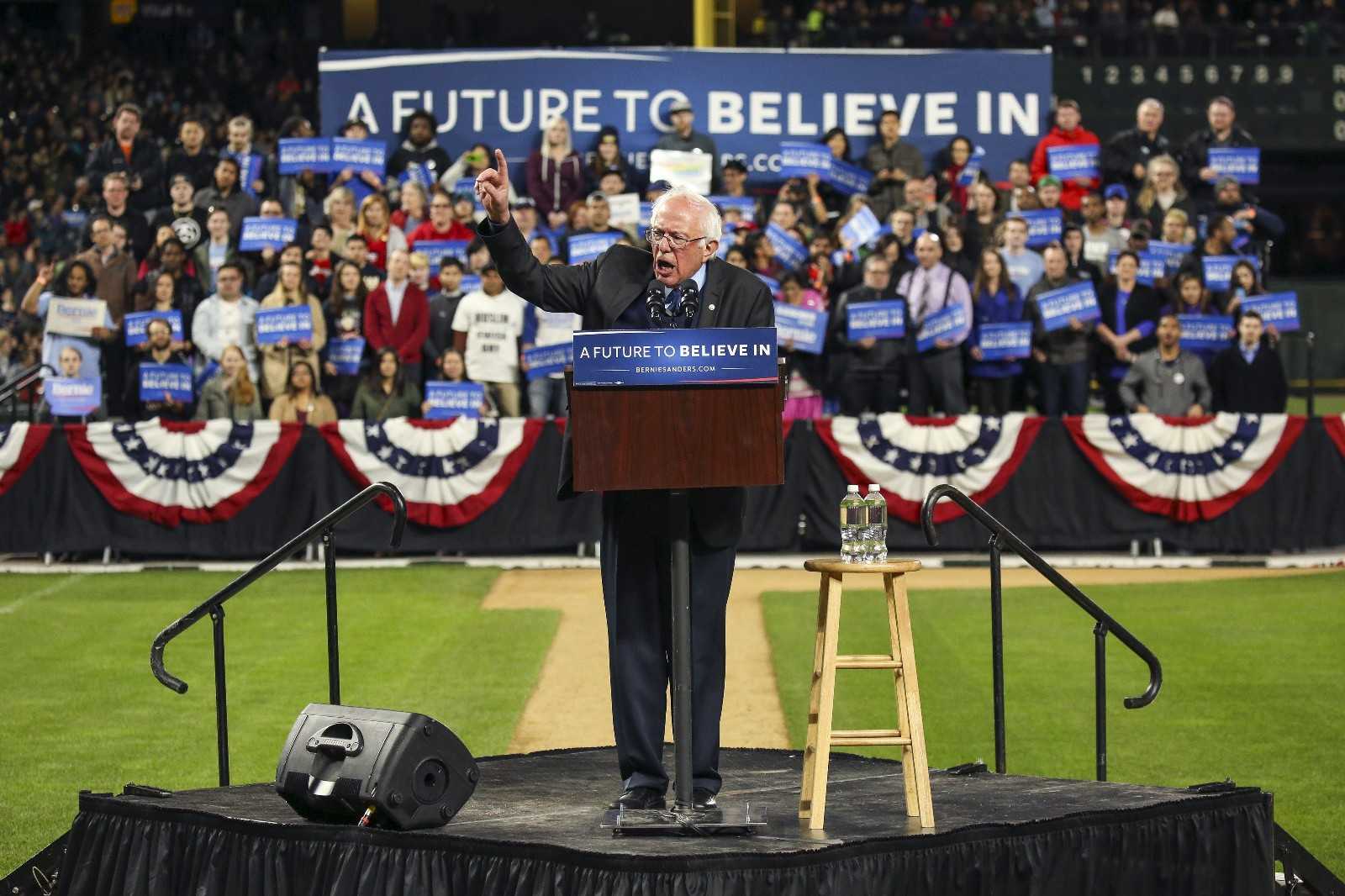“The Poor Will Be With You Always.” (Mark 14:7). That Bible quote is the bane of the progressive movement. Some well-to-do Christians say that Jesus meant that there’s no way to “cure” poverty. But does that mean the rich will be with us always, too? In other words, is “The 1%” just a fact of life? Is Bernie Sanders just trying to sell us a “pipe dream”?
There’s a question-and-answer website called Quora, in which a community of users pose questions and others answer. It was made available to the public in June, 2010.
It’s similar to Wikipedia, except that unique questions are asked and answered, rather than an “encyclopedic,” that is, complete view of a person, place, thing, or era. Most questions are theoretical, such as, “Why did Germany attack the Soviet Union, with whom they had a non-aggression pact?”
There was recently an interesting discussion of the question, “Has the phenomenon of a “1%” and a “99%” been true through most of civilization’s history?”
Yes it has. The less-unequal period of the mid 20th Century was a political aberration, brought about mainly as a result of two wars and the depression – WW1 upset the balance of the social order, leading to universal suffrage, the emancipation of women from purely domestic employment, and the rise of trade unions and socialism.
The Great Depression, together with the destruction of WW1 and WW2, caused incalculable loss of wealth to the very rich, and very high post WW2 tax rates in Europe and America – as high as 95% on top incomes – helped equalize living standards in the West.
It’s notable that in spite of such high tax rates, we still had boom years of full employment, high wages, and industrial growth. This reached the beginning of the end with the monetarist politics of the 1980s and now we’re well on the way back to the “gilded age” of the early 1900s in terms of [extremely unequal] wealth distribution.
It’s worth remembering that nobody ever got rich by working for a living. The 1% of the past were rentiers, owners of inherited land and living off rents paid by their tenants, the ones who did actual work. Most of the 1% of today are also rentiers in a sense – owners of inherited assets living off income generated by their investments, which is also provided by people who do actual work for a living. Thomas Piketty’s book Capital in the Twenty-First Century covers this down and back up trend in some detail.
The premise is that “the superrich have always been with you.” Another poster says that things could get a lot worse. You see, the superrich needed the lower classes as workers, so the poor had to receive at least a modicum of the lucre in order to keep producing wealth for the rich.
The real risk we are running. . .is creating a highly automated economy where the capital is controlled by only the highly educated white collar workforce and the existing elites. At that point, the driver of production will be machines, not humans. The idea of mass-production as a necessity to create favorable scale may diminish.
Exploitation of Labor is irrelevant at this point because the “workers” are not conscious or even alive. Cost can be driven incredibly low, meaning that Capital may no longer need to produce for the mass demand of the lower and middle classes to survive.
Entire demographics could be cut out from the workforce like truck drivers, factory workers, administrators, service employees, etc. This would make some people fabulously wealthy while others live with little hope to advance in life.
For a third poster, the answer may be religion.
Many religions, from Christianity (“It is more difficult for a rich man to gain access to heaven than for a camel to pass through the eye of a needle”), to Islam (any Muslim who commands the respect of his community may deliver the Friday sermon, for example), to Buddhism (“Suffering comes from craving or wanting”) push back against the idea of personal wealth as a social good.
And, finally, a fourth poster says we miss the point if we focus on the luxury of wealth. The real danger is the power the wealth can buy.
What everyone should be worried about is if you can’t take a wealthy man to court because you can’t afford a good lawyer and he can. Or if a rich man can buy ‘poor’ policy makers to issue new laws, or deregulate the financial market for example, so that he can make more money by cheating others.
Or if he can buy all the media outlets, interfere on a daily basis with its editorials, and falsely confuse public opinions to pull down governments when they disobey- an order to go to a war for the benefit of the rich for example. Or water down food safety regulations and sell junk food for the public just to make more money and there are many more.
Well, now, that sounds familiar!
So. . .you tell us. Is it inescapably true that “There’s nothing surer: the rich get richer and the poor get poorer”? In the meantime, in-between time, ain’t we got fun?
Donate Now to Support Election Central
- Help defend independent journalism
- Directly support this website and our efforts
